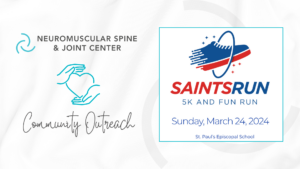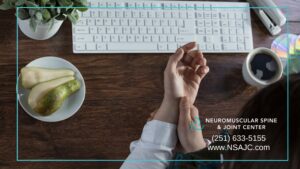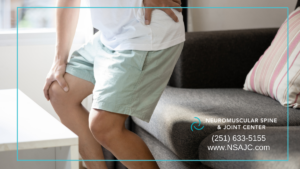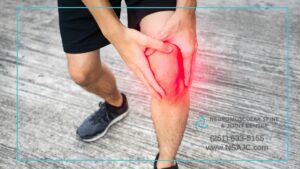When you have diabetes, your blood sugar level may get too high. Over time, high blood sugar levels can damage nerves. This is called diabetic neuropathy.
Nerve damage can cause pain, burning, tingling, and numbness and may leave you feeling weak. The feet are often affected. When you have nerve damage in your feet, you cannot feel your feet and toes as well as normal and may not notice cuts or sores. Even a small injury can lead to a serious infection. It is very important that you follow your doctor’s advice on foot care.
Sometimes diabetes damages nerves that help the body function. If this happens, your blood pressure, sweating, digestion, and urination might be affected. Your doctor may give you a target blood sugar level that is higher or lower than you are used to. Try to keep your blood sugar very close to this target level to prevent more damage.
Follow-up care is a key part of your treatment and safety. Be sure to make and go to all appointments, and call your doctor if you are having problems. It s also a good idea to know your test results and keep a list of the medicines you take.
How can you care for yourself at home?
- Take your medicines exactly as prescribed. Call your doctor if you think you are having a problem with your medicine. It is very important that you take your insulin or diabetes pills as your doctor tells you.
- Try to keep blood sugar at your target level.
- Eat a variety of healthy foods, with carbohydrate spread out in your meals. A dietitian can help you plan meals.
- Try to get at least 30 minutes of exercise on most days.
- Check your blood sugar as many times each day as your doctor recommends.
- Take and record your blood pressure at home if your doctor tells you to. Learn the importance of the two measures of blood pressure (such as 130 over 80, or 130/80). To take your blood pressure at home:
- Ask your doctor to check your blood pressure monitor to be sure it is accurate and the cuff fits you. Also ask your doctor to watch you to make sure that you are using it right.
- Do not use medicine known to raise blood pressure (such as some nasal decongestant sprays) before taking your blood pressure.
- Avoid taking your blood pressure if you have just exercised or are nervous or upset. Rest at least 15 minutes before you take a reading.
- Take pain medicines exactly as directed.
- If the doctor gave you a prescription medicine for pain, take it as prescribed.
- If you are not taking a prescription pain medicine, ask your doctor if you can take an over-the-counter medicine.
- Do not smoke. Smoking can increase your chance for a heart attack or stroke. If you need help quitting, talk to your doctor about stop-smoking programs and medicines. These can increase your chances of quitting for good.
- Limit alcohol to 2 drinks a day for men and 1 drink a day for women. Too much alcohol can cause health problems.
- Eat small meals often, rather than 2 or 3 large meals a day.
To care for your feet
- Prevent injury by wearing shoes at all times, even when you are indoors.
- Do foot care as part of your daily routine. Wash your feet and then rub lotion on your feet, but not between your toes. Use a handheld mirror or magnifying mirror to inspect your feet for blisters, cuts, cracks, or sores.
- Have your toenails trimmed and filed straight across.
- Wear shoes and socks that fit well. Soft shoes that have good support and that fit well (such as tennis shoes) are best for your feet.
- Check your shoes for any loose objects or rough edges before you put them on.
- Ask your doctor to check your feet during each visit. Your doctor may notice a foot problem you have missed.
- Get early treatment for any foot problem, even a minor one.
When should you call for help?
Call your doctor now or seek immediate medical care if:
- You have a sore or any type of injured skin on your toes or feet.
- Your feet have blue or black areas, which can mean bruising or blood flow problems.
- You have peeling skin or tiny blisters between your toes, or cracking or oozing of the skin.
- You have new numbness or tingling in your feet that does not go away after you move your feet or change positions.
Watch closely for changes in your health, and be sure to contact your doctor if:
- You want help with foot care or cutting your toenails.
- You have frequent problems with high or low blood sugar levels. Your medicines or your insulin may need to be changed.
Care instructions adapted under license by Neuromuscular Spine & Joint Center. This care instruction is for use with your licensed healthcare professional. If you have questions about a medical condition or this instruction, always ask your healthcare professional. Kopp Medical LLC, DBA Neurmomuscular Spine & Joint Center disclaims any warranty or liability for your use of this information.
